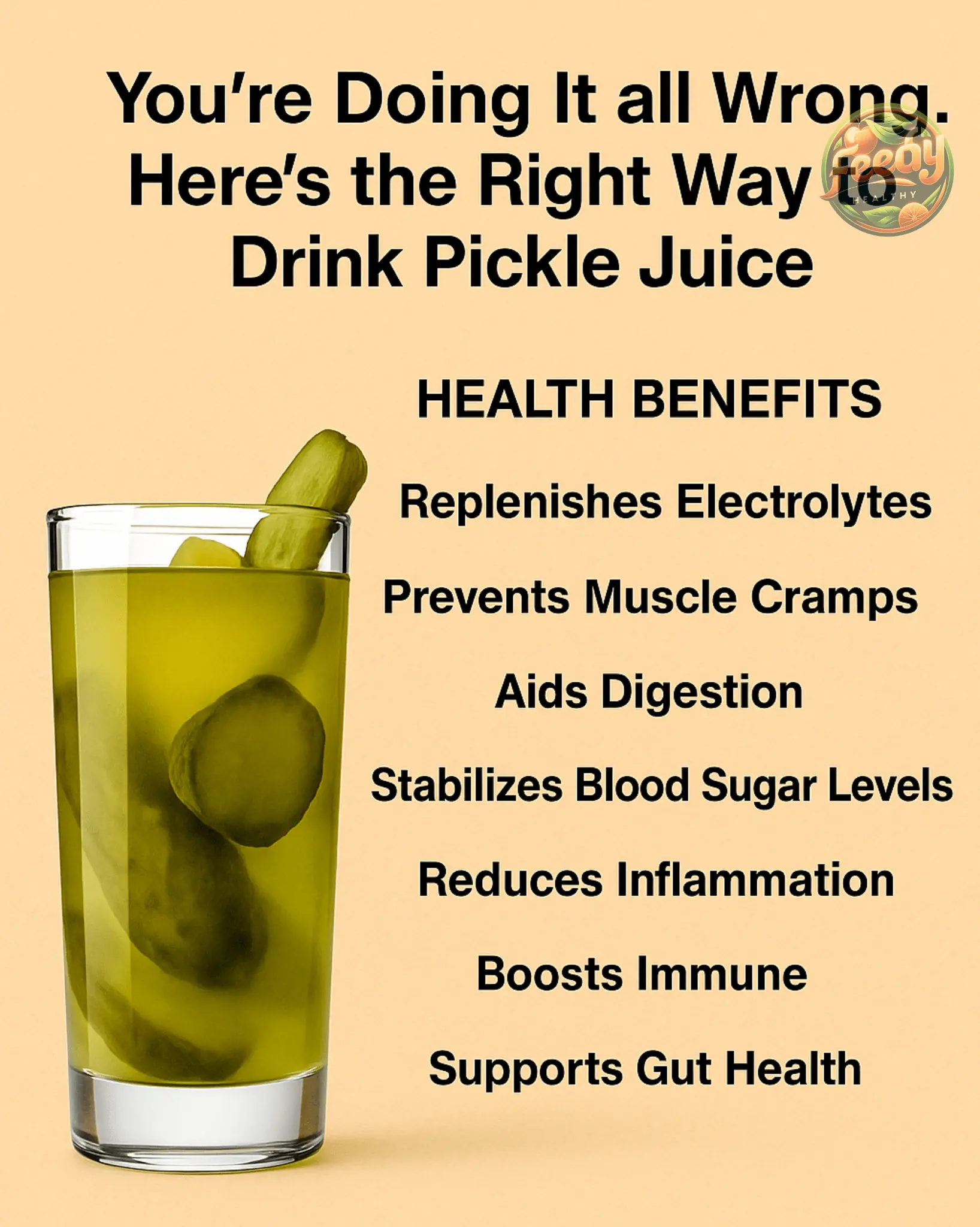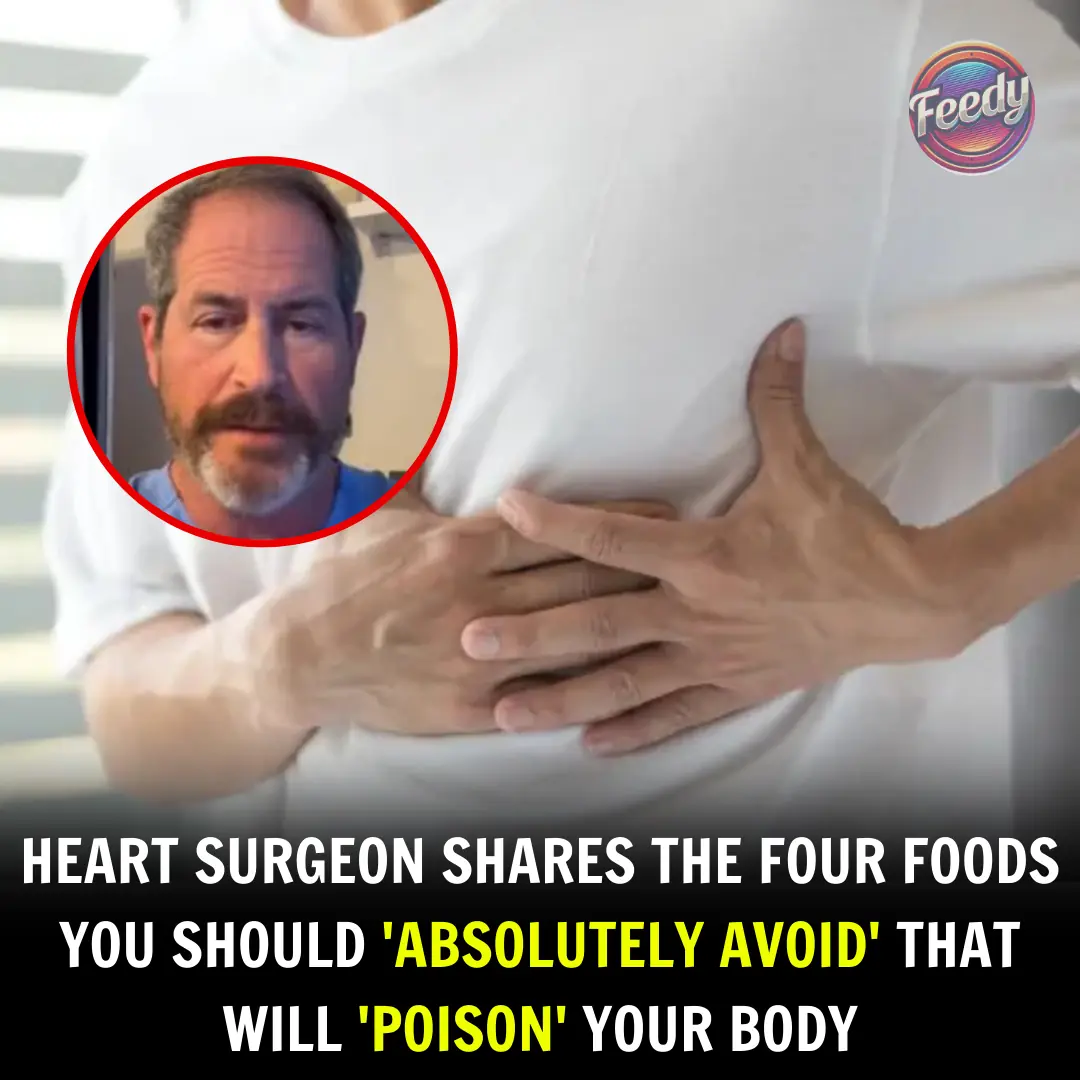
This YouTuber Ate 720 Eggs in 30 Days—Here’s What It Did to His Cholesterol

In the ever-curious world of nutritional experiments, Dr. Nick Norwitz—a Harvard-trained researcher and YouTuber—decided to take things to the extreme. His mission? To consume 720 eggs in a single month and document the effects on his body, particularly his cholesterol levels. That’s right: 24 eggs per day, every day, for 30 days.
The idea may sound shocking, even dangerous—but the results were anything but expected.
The Challenge: 24 Eggs a Day
Dr. Norwitz embarked on this high-cholesterol journey to test a theory: could consuming massive amounts of eggs actually lower his LDL cholesterol—the so-called “bad” cholesterol? Most would assume the opposite, but his goal was to challenge conventional dietary dogma and put biochemistry to the test.
Eggs, after all, are rich in cholesterol. For decades, they’ve been demonized by the heart health community. But are they really the villain?
The Results: A Surprise for Science
To nearly everyone’s surprise, Dr. Norwitz didn’t see a spike in cholesterol. Instead, after just two weeks, his LDL levels dropped by 2%. By the end of the month, they had decreased by 18%.
How could this be?
The answer lies in the body’s self-regulating system. The liver plays a major role in cholesterol synthesis and adjusts its production based on dietary intake. When the body receives more cholesterol from food, the liver produces less—essentially maintaining balance.
And there's another twist: during the second half of his experiment, Dr. Norwitz introduced more carbohydrates into his diet, which appeared to further regulate his cholesterol levels. It was a fascinating reminder that cholesterol is not just about how much you eat—it's about how your body processes it.
Understanding Cholesterol: Not All Created Equal
We often hear the terms LDL and HDL when talking about cholesterol. LDL (low-density lipoprotein) is labeled “bad” because it can deposit cholesterol in the arteries. HDL (high-density lipoprotein), on the other hand, is the “good” kind—it helps remove cholesterol from the bloodstream.
But not all LDL is equally harmful. In fact, research shows that large, fluffy LDL particles, which eggs tend to increase, are much less dangerous than small, dense LDL particles often associated with processed foods and high-sugar diets.
Dietary Cholesterol vs. Blood Cholesterol
Despite past fears, dietary cholesterol from foods like eggs doesn’t necessarily raise blood cholesterol in most people. The body is equipped to regulate its levels, unless someone is genetically predisposed (a “hyper-responder”).
This means for the vast majority of people, eating eggs in moderation—even several per day—won’t negatively impact heart health. In some cases, as seen with Dr. Norwitz, it may even improve lipid profiles.
Should We Fear Cholesterol-Rich Foods?
Modern research suggests we may have misunderstood cholesterol for decades. According to recent findings:
-
Eggs are nutrient-dense, containing protein, choline, and antioxidants.
-
No significant link has been found between egg consumption and increased heart disease in healthy individuals.
-
In fact, eggs may improve HDL levels and even reduce certain types of harmful LDL.
So no, high-cholesterol foods are not automatically harmful—context matters.
Building a Heart-Healthy Diet (Without Demonizing Eggs)
Rather than focusing on avoiding cholesterol, health experts now advise prioritizing overall diet quality. A balanced, heart-healthy eating plan includes:
✅ Whole fruits and vegetables
✅ Whole grains (like oats, quinoa, brown rice)
✅ Lean proteins (beans, fish, poultry)
✅ Healthy fats (olive oil, nuts, seeds)
✅ Limited processed foods and added sugars
Eggs can certainly fit into this plan.
Why Home Cooking Helps
Cooking at home gives you more control over what goes into your meals. Restaurant food is often high in sodium, sugar, and processed fats—things that do impact heart health more directly than cholesterol itself.
Don’t Forget Fiber
Soluble fiber, found in foods like oats, oranges, and legumes, can help lower LDL cholesterol. Most people don’t get enough. Adding fiber-rich foods or supplements like psyllium can enhance the benefits of a healthy diet.
Final Thoughts: What 720 Eggs Can Teach Us
Dr. Nick Norwitz’s experiment may seem radical, but it reveals a powerful truth: the body is more adaptable than we think. His journey challenges outdated beliefs and shows that dietary cholesterol, particularly from natural sources like eggs, may not be the villain it was once believed to be.
As nutrition science evolves, so should our habits—and perhaps our breakfast plates too.
🥚 Takeaway: Eggs aren’t the enemy. In fact, they might be one of the most misunderstood superfoods of our time.
News in the same category

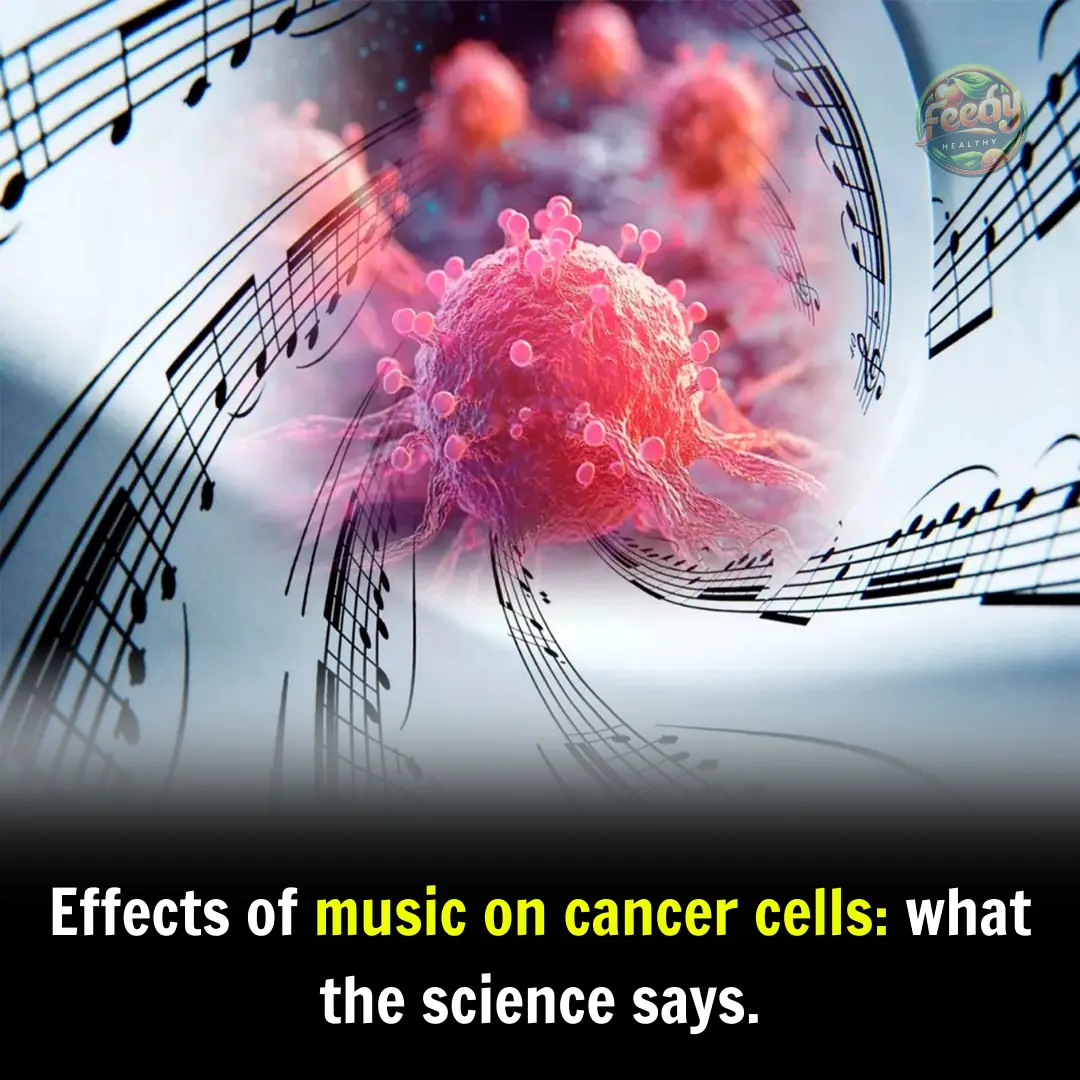
Effects of music on cancer cells: what the science says.
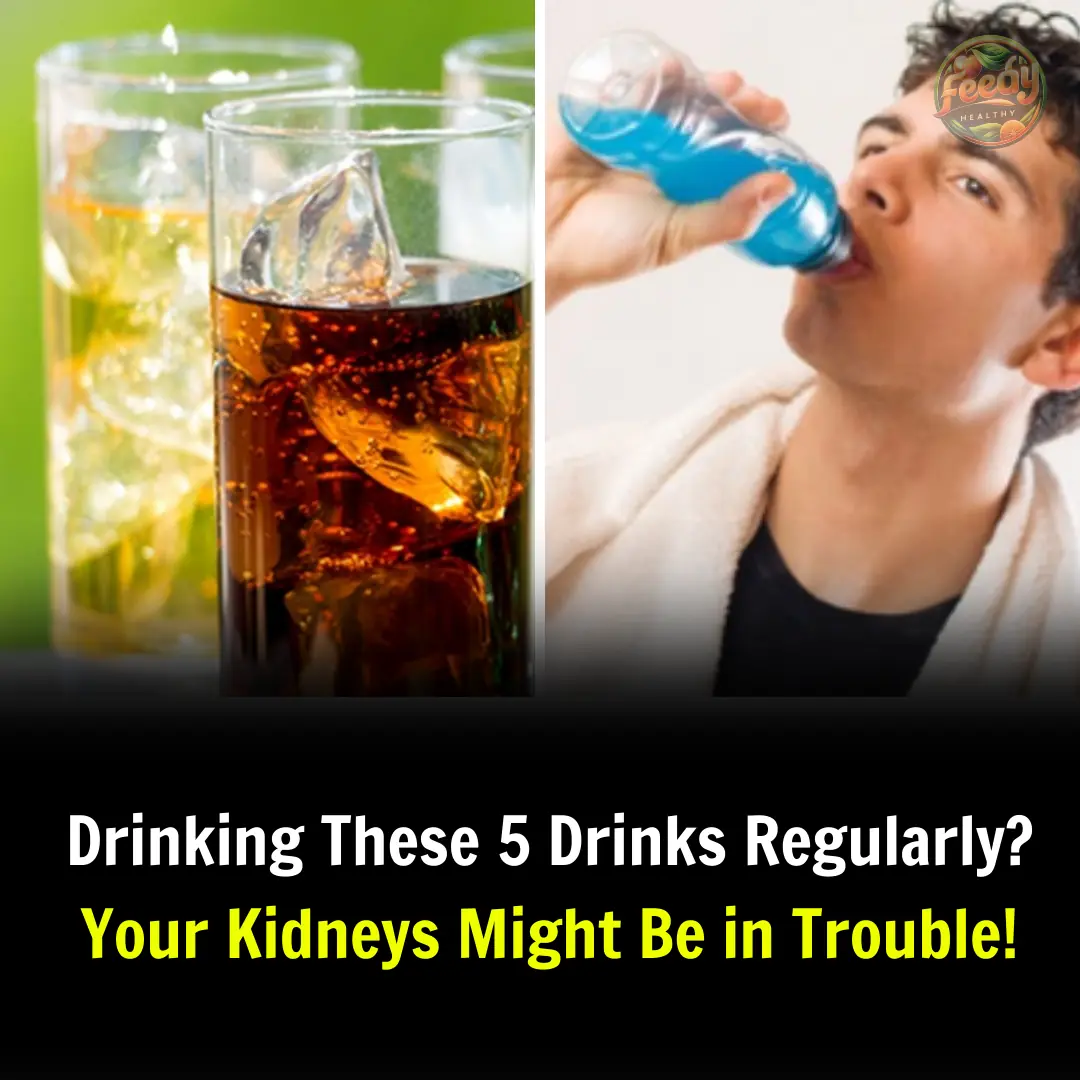
These 5 Popular Drinks Are Slowly Damaging Your Kidneys — Are You Still Drinking Them?

Doctors Gave Up, But a Woman Recovered from Cancer by Drinking Ginger and Honey
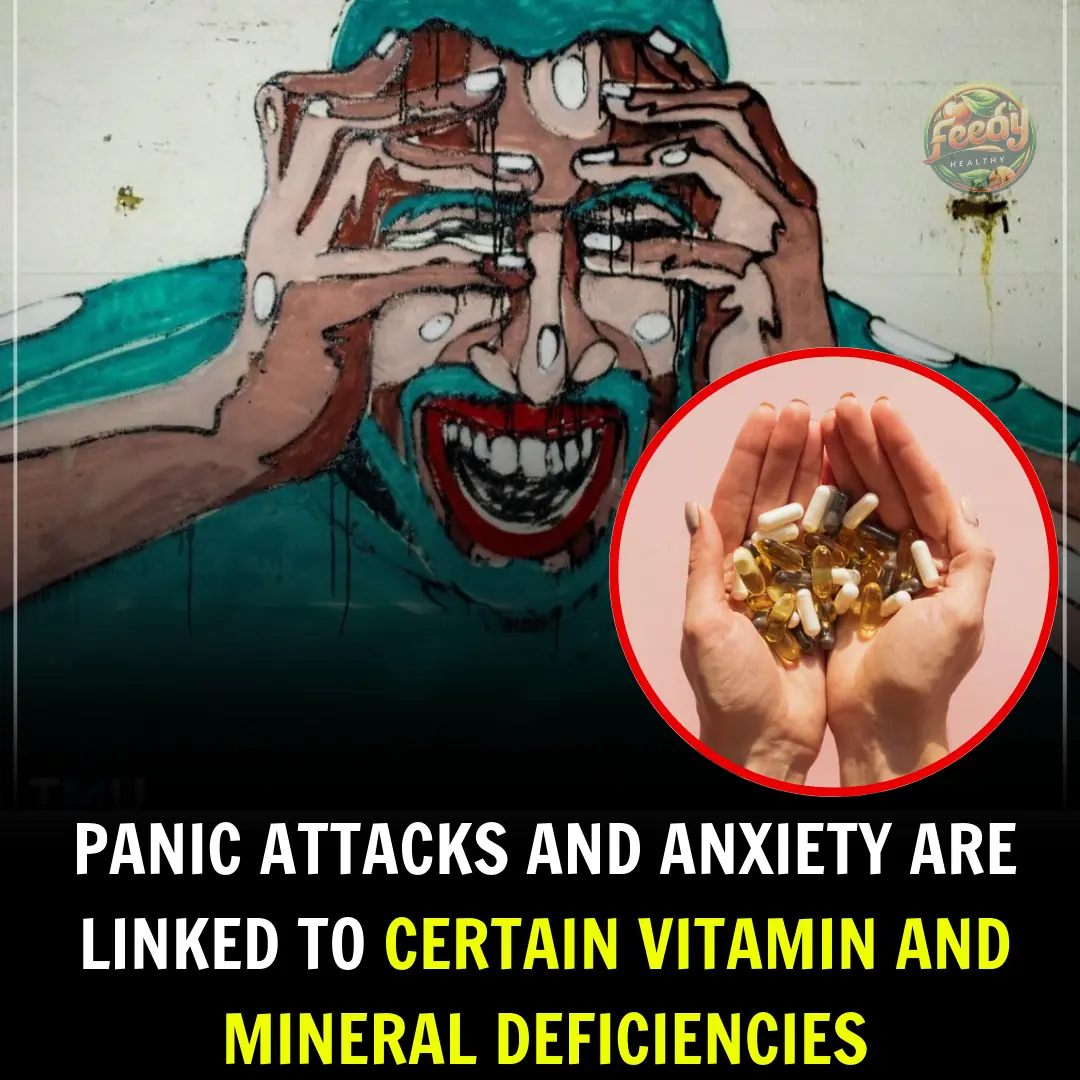
Panic Attacks And Anxiety Have Been Linked To Certain Vitamin And Mineral Deficiencies
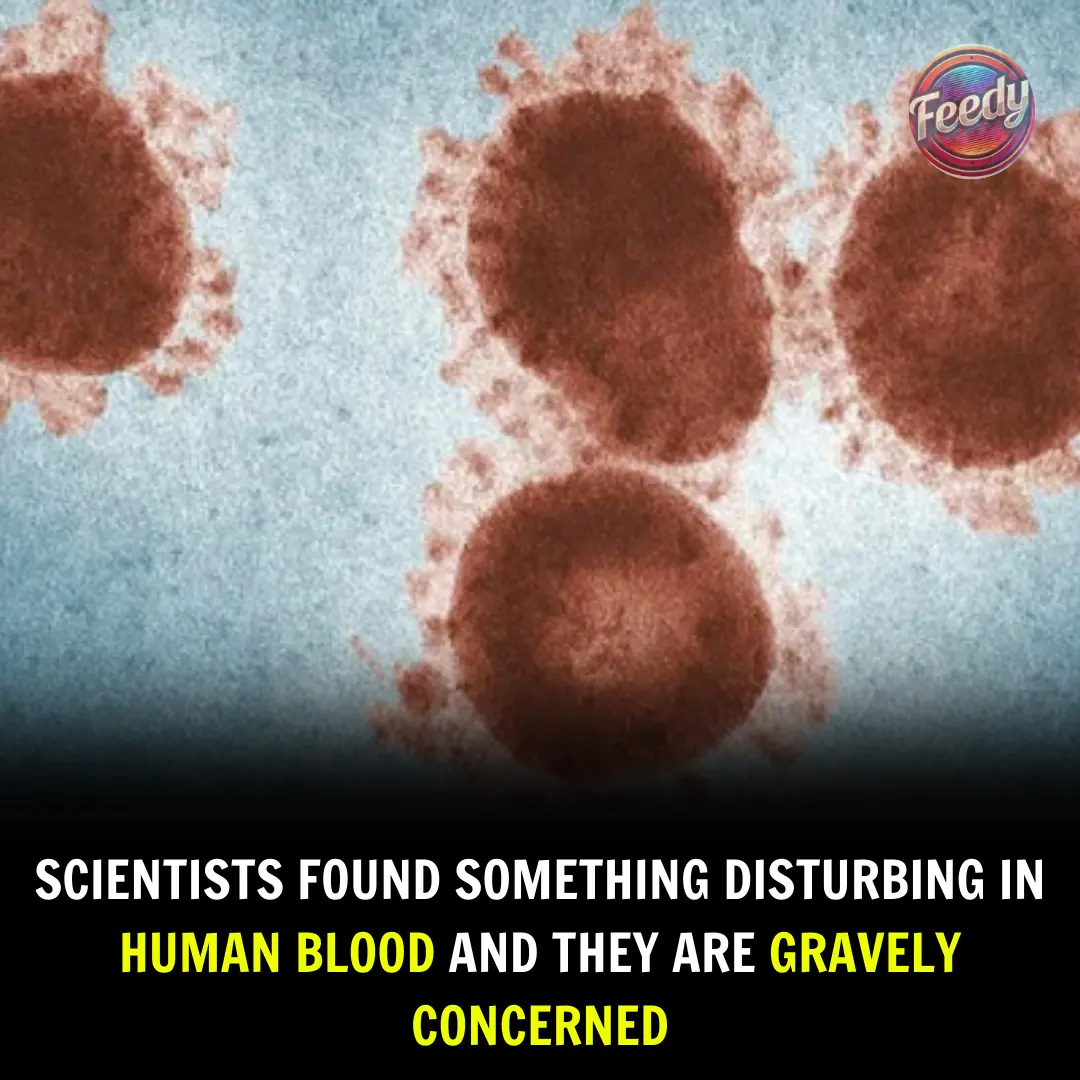
The Hidden Link Between Air Pollution, Alzheimer’s, and Cancer — And the Dust in Your Home
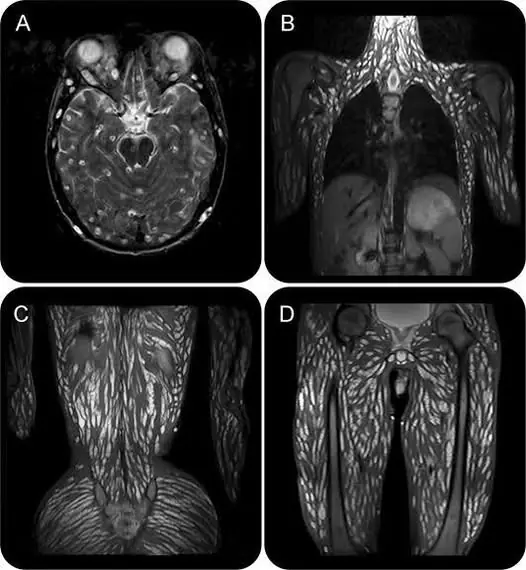
The Hidden Danger in Your Pork: What You Need to Know Before You Eat!

Doctor Warns of SKIN CANCER From MOLES That Spread Rapidly: If You Have 1 of These 11 Signs, Get Checked Immediately
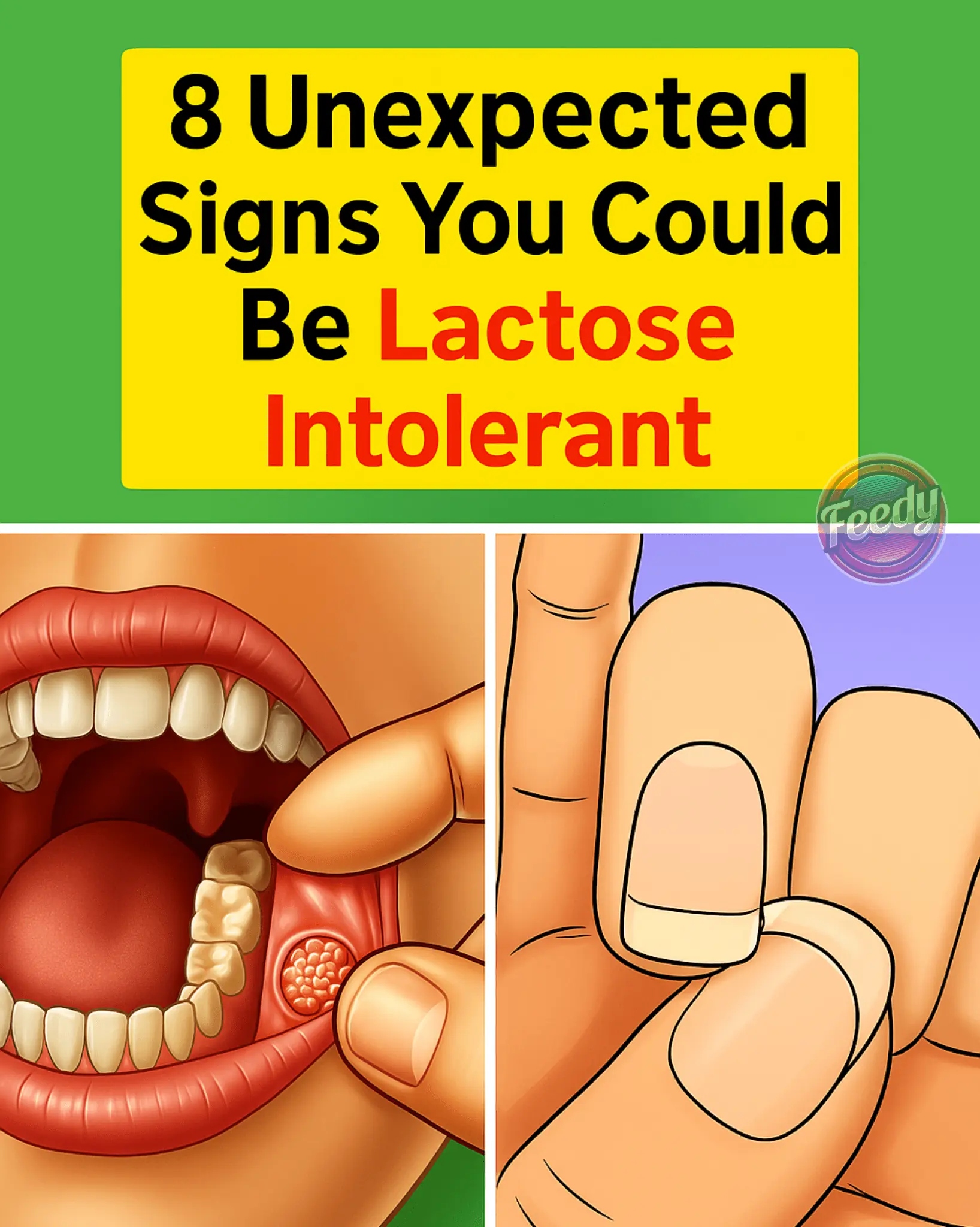
8 Unexpected Signs You Could Be Lactose Intolerant
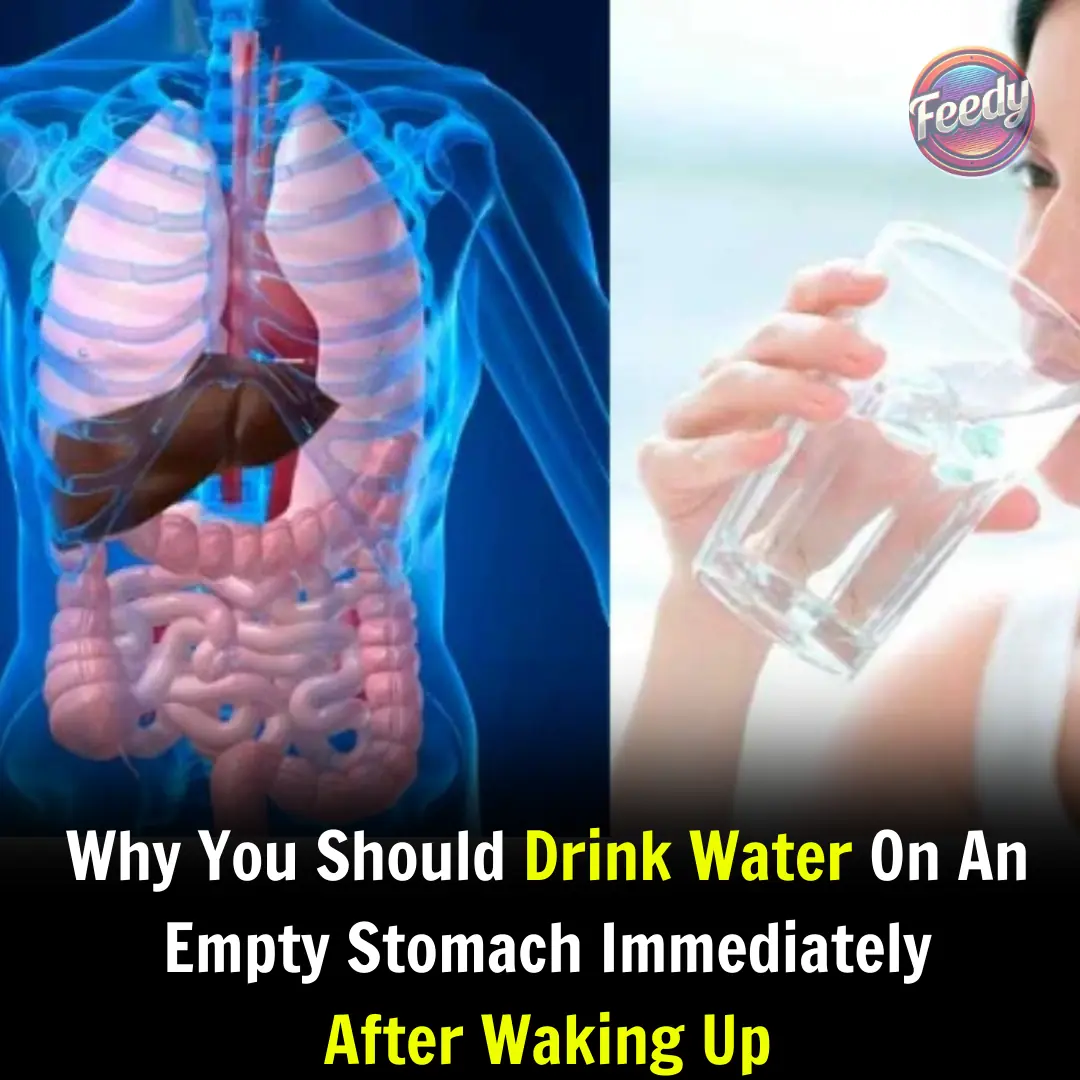
Is Drinking Water First Thing in the Morning Beneficial?

Don’t Throw Away Damaged Tomatoes

Remember: The kitchen is closely linked to your health!

17-Year-Old Girl Hospitalized with Kidney Failure, Must Undergo Dialysis for Life: Doctors Warn Against 3 Common Habits Among Youth

Plant in the Bible Said to Heal All Ailments

A Vegetable as Powerful as a "Miracle Herb" — A Natural Enemy of Cancer That Grows Freely in Gardens, Yet Many Overlook It

A 36-year-old teacher passed away from diabetes despite not liking sweets — doctor says it's due to 4 of her favorite foods.

Doctor issues urgent vape warning after 17-year-old develops irreversible 'popcorn lung' from popular habit

46-Year-Old Star Shares a Super Easy Anti-Aging Meal: “I’ve Maintained It for 19 Years”
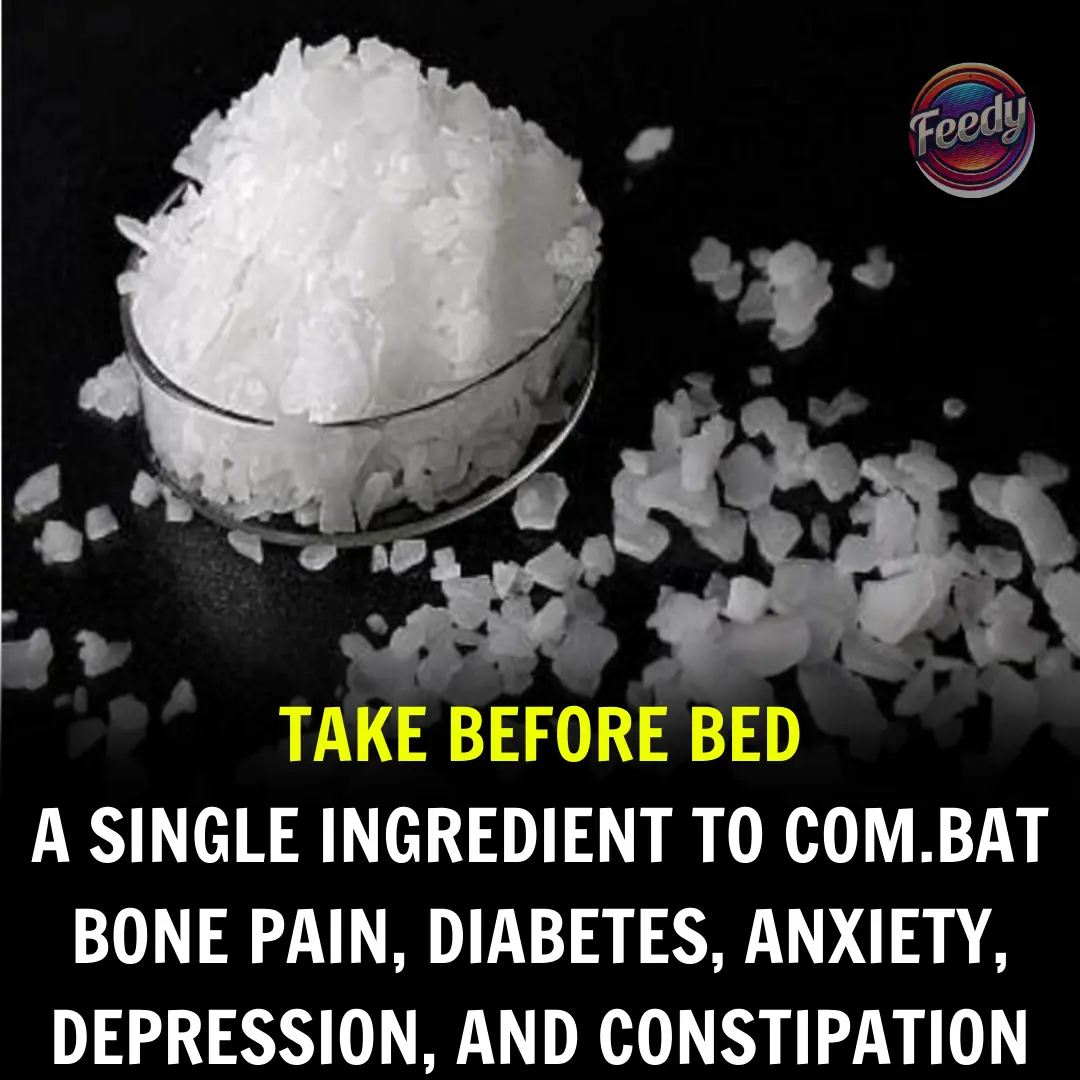
This One Superfood Could Tackle Major Health Issues—Here’s What You Need To Know
News Post

The Hidden Meaning Behind Wearing an Ankle Bracelet—Most People Have No Idea

Disturbing Post Surfaces From FSU Shooter Just Before Campus Tragedy

Photographer of tragic little girl trapped in volcanic mudflow explains why he didn’t help her

Does Your Thumb Reveal Your Future? This Viral Hand Chart Thinks So

No One from Her Family Showed up for Our Café Older Regular’s Birthday—But I Tried to Fix It

My MIL Took Back the Bicycle She Gifted My Daughter for Her Birthday – For a Ridiculous Reason

Put Your Observation Skills to the Test!

My Family Left Grandpa at the Hotel to Avoid Paying — They Didn't Realize I Was the Wrong Grandson to Mess With

How to Get Rid of Dark Spots Using Onion Juice Ice Cubes

I Was Looking At a Photo of My Late Wife and Me When Something Fell Out of the Frame and Made Me Go Pale

New COVID Wave Surges — Health Officials Sound Alarm As Cases Double

My Husband Used My Inheritance Money to Buy His Mom a Car for Christmas — So I Taught Him a Lesson About Betrayal

Roasted onion peel treatment for grey hair

It is with heavy hearts that we announce the passing of this legendary actor

After six years as a naked cleaner, she's seen it all—from curious clients to some who push boundaries.

Natural Keratin Treatment At Home

Amber Heard’s Face Is The ‘Most Beautiful In The World,’ According To Scientists

An expert advises parents to get their baby’s permission before changing their diapers

Cloves and Onion Peel For Grey Hair
